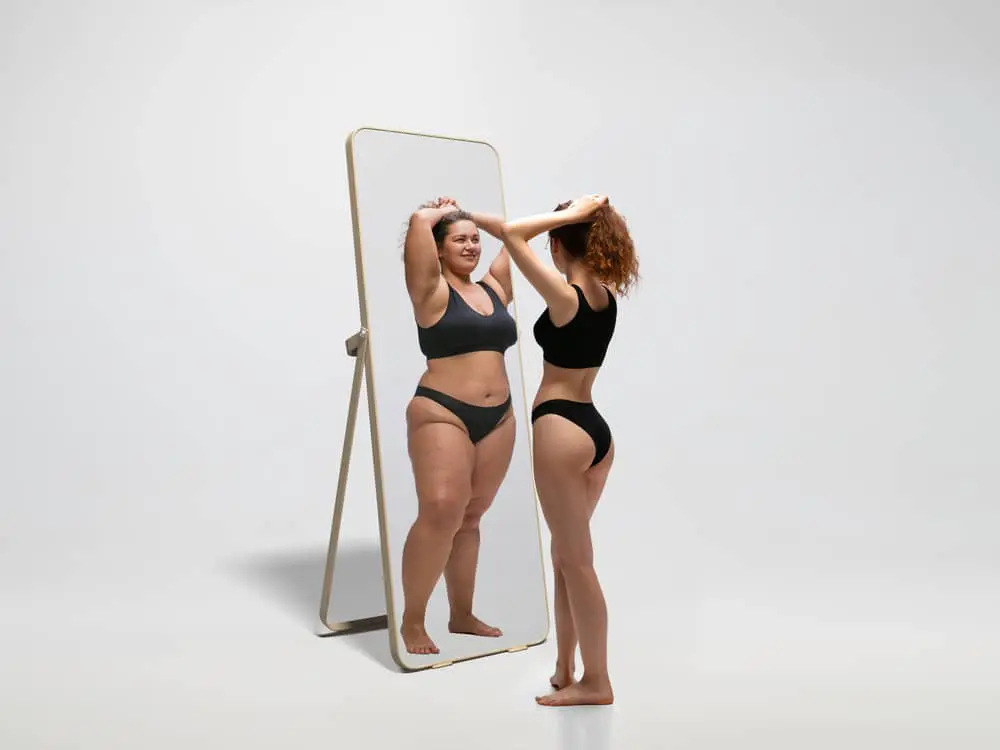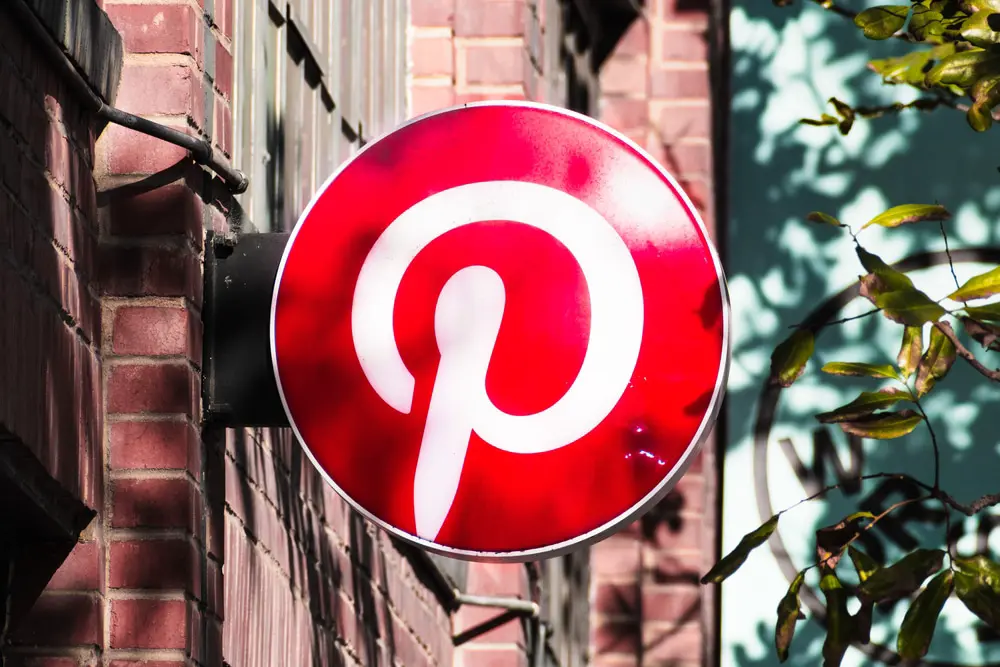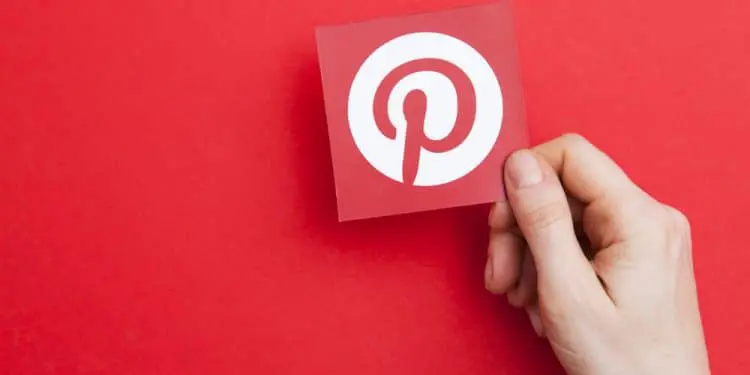You might have seen some buzz online recently about Pinterest and some ads that they’ve banned and you might be wondering just exactly what those ads are and why they have banned them.
Well luckily for you, this blog is going to tell you all about that!
How well did that work out? It must be your lucky day.
From July 1st 2021, Pinterest has made the decision to “prohibit all ads with weight loss language and imagery.”

This new policy will allow any ads containing the following to be banned completely:
Any weight loss language or imagery;
Any testimonials regarding weight loss or weight loss products;
Any language or imagery that idealises or denigrates certain body types;
Referencing Body Mass Index (BMI) or similar indexes; and
Any products that claim weight loss through something worn or applied to the skin
This comes on top of the ads that are already banned on Pinterest, including:
Weight loss or appetite suppressant pills, supplements, or other products;
Before-and-after weight-loss imagery;
Weight loss procedures like liposuction or fat burning;
Body shaming, such as imagery or language that mocks or discredits certain body types or appearances; and
Claims regarding unrealistic cosmetic results
This banning is great news for people who use social media and it is a great standpoint for the platform to take.
So many young people and adults struggle with their weight, body image, and self-worth and so many of these people then go on to social media to look through nice, pleasant things and are instead met with ads that make them feel triggered.

The ads that Pinterest have banned are dangerous and can lead to real and serious harm in many different communities. They promote eating disorders, poor mental health, dangerous activity and risk-taking. They are also never backed by science or doctor recommendations and so they pose a real risk to users’ physical health.
Pinterest doing this is a brave move and should be a sign of the way forward to other platforms.
Social media platforms make most of their profits from advertising and data. Weight loss ads probably bring in a decent amount of profit each year for these platforms as they are something that preys on users’ unhappiness and they click on the ads to try and make themselves feel better with some kind of weight loss “solution”.
Pinterest forgoing any potential profit from these ads and opting to instead prioritise the health and safety of its users is promoting a great example for powerful players on the social media scene.

Social media has such a powerful influence, especially on young people, and it is so important that the tech giants who own these companies step up and take responsibility for the content that is promoted through their sites and what effects this content can have.
Pinterest has done a fantastic job at paving the way here, and long may it continue.

